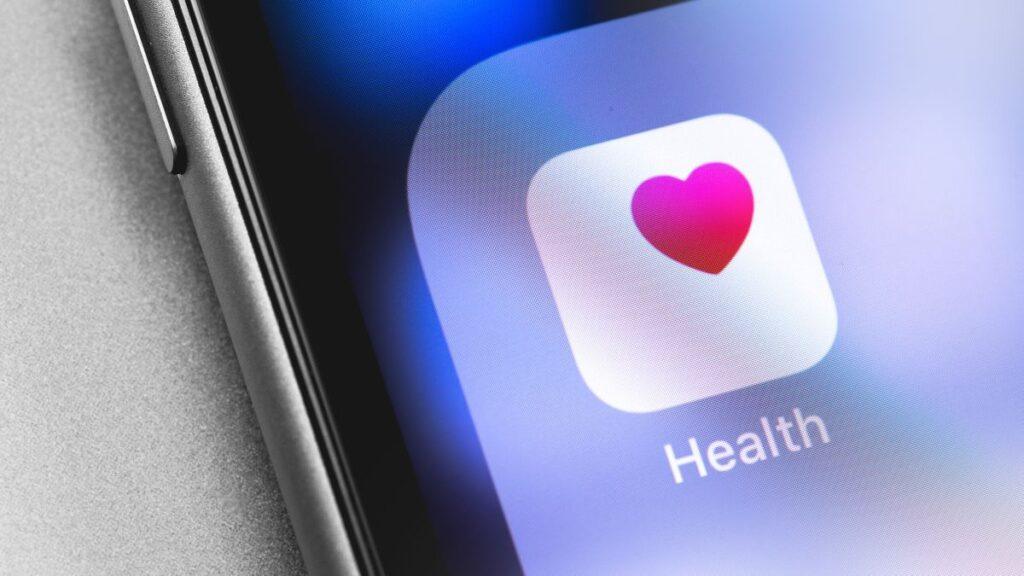Apple is reportedly still working on an AI health coach, almost two years after we first heard about it. The report comes from journalist Mark Gurman’s Power On newsletter, published on Sunday, January 12, in which he mentions (along with news about the Apple Watch Ultra 3 and SE 3) that: “The company is also increasing its ambitions in the health space.”
Gurman continued: “Apple is planning a revamped health app — as well as an AI-based coaching service — and added features to AirPods. That includes heart rate monitoring and sensors to measure other health data.”
The news that Apple’s AirPods are getting heart rate monitoring is exciting, but the AI health coach is also an enticing trove of information. It sounds like the AI companion is likely to live on the iPhone’s Health app rather than on top Apple watches. Details are scarce at this point, but other wearables like Oura have AI advisory services in beta that allow users to ask questions about their habits and have the AI respond using data collected by your wearables.
This isn’t the first time we’ve heard about Apple’s plans: way back in April 2023, I reported that Apple was reportedly developing an AI fitness coach codenamed Quartz.
The AI trainer was said to be able to track emotions via the Apple Watch, although we haven’t heard a peep about the functionality since then. It is likely that now that the Apple Intelligence rollout is in full swing, we could see a first version of this functionality in September 2025 alongside the iPhone 17.
Analysis: Still a bad idea?
AI felt like it was in its infancy a few years ago, and I wrote about the prospect of an AI fitness trainer with some trepidation. I was afraid it would hallucinate, offer inappropriate or downright dangerous exercise ideas and health advice that hadn’t been vetted by an expert. In many ways I still am.
Having seen AI infect every corner of the tech world and tried several such dedicated services like the Oura Advisor chatbot available with Oura Ring 4, I am convinced that this is simply the way the industry will go and steps will be taken to ensure that the software is safe to use.
I’m not convinced they’re that useful, especially for seasoned exercisers, but I can see the potential – for example, recommending workouts from Apple’s Fitness+ service and adjusting recommended bedtime suggestions based on your sleeping habits, all wrapped up in cozy language like Strava’s encouraging Athlete Intelligence feature.



